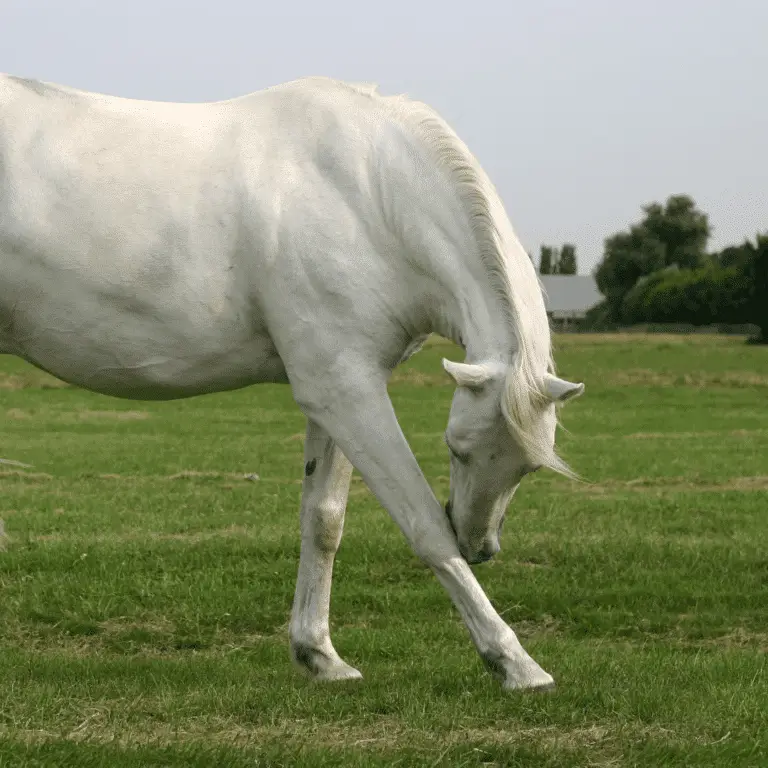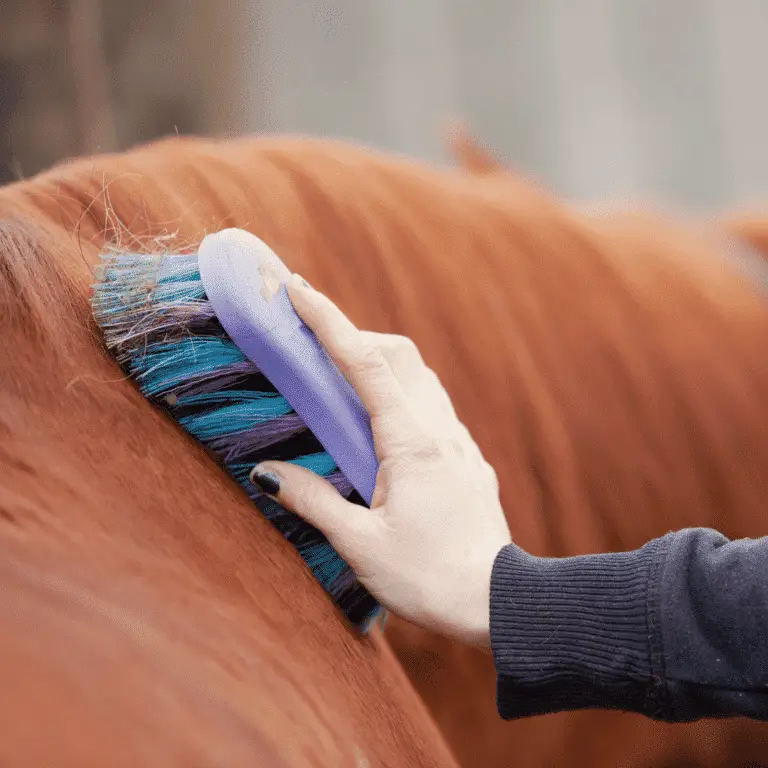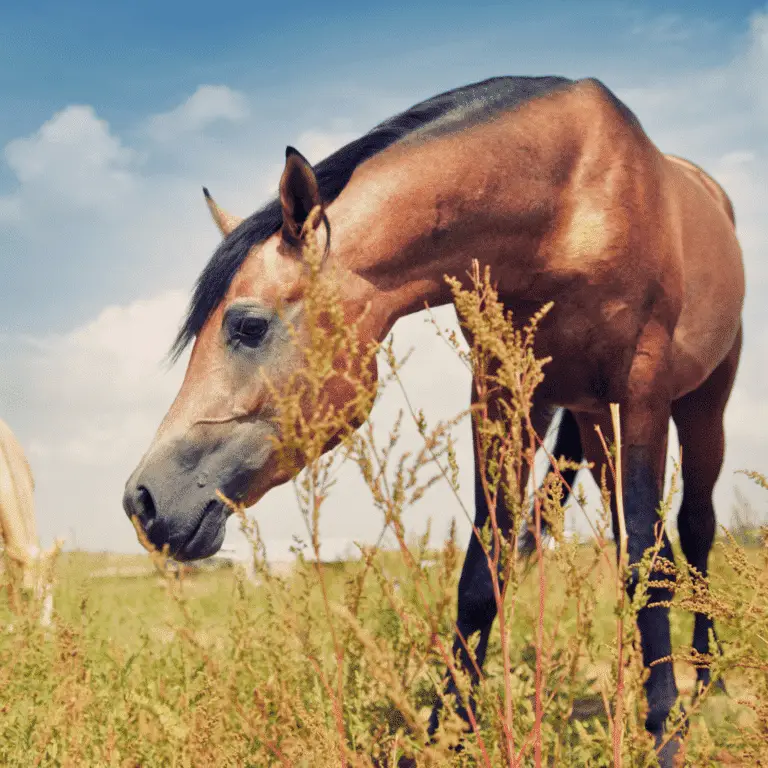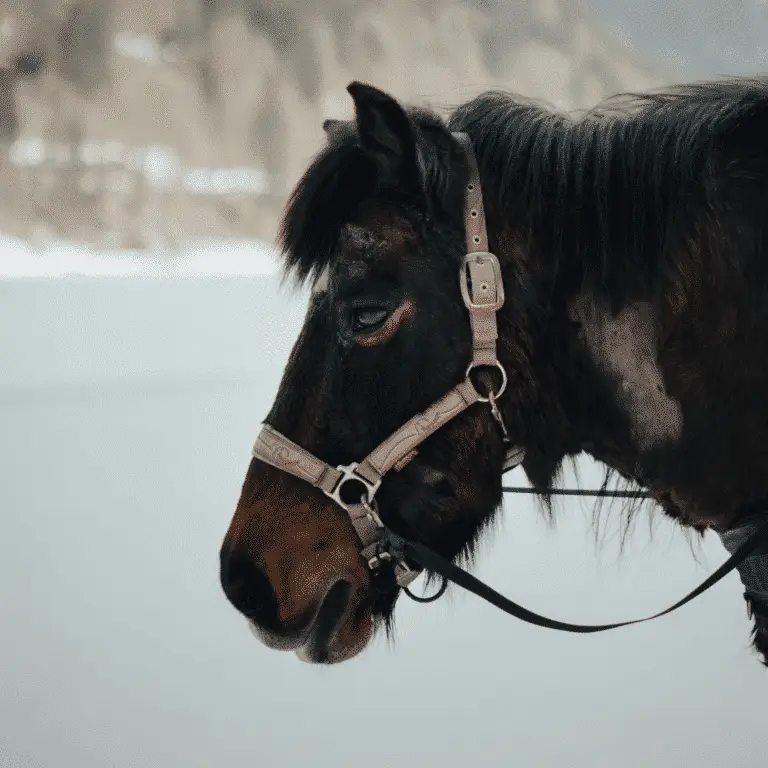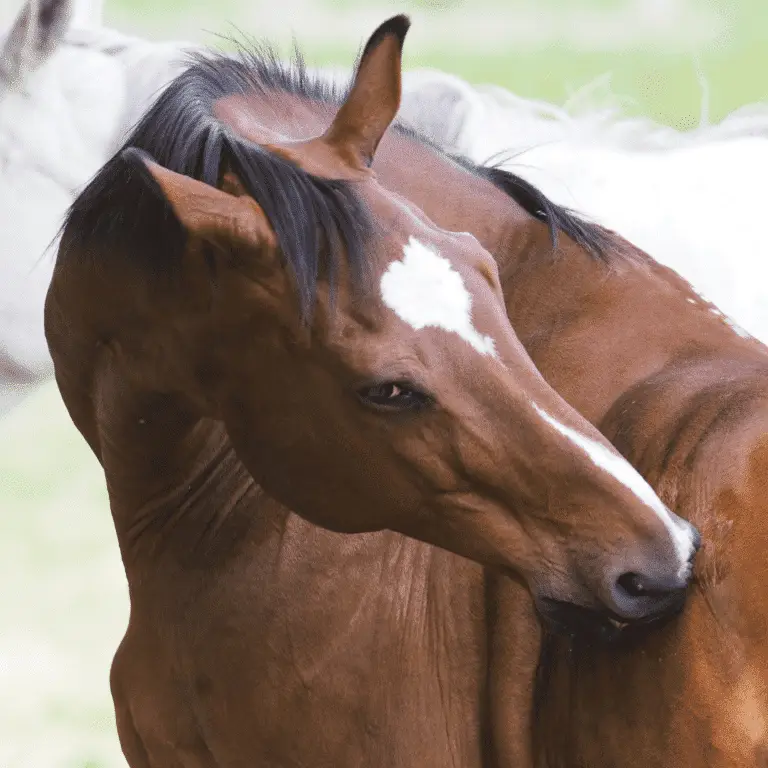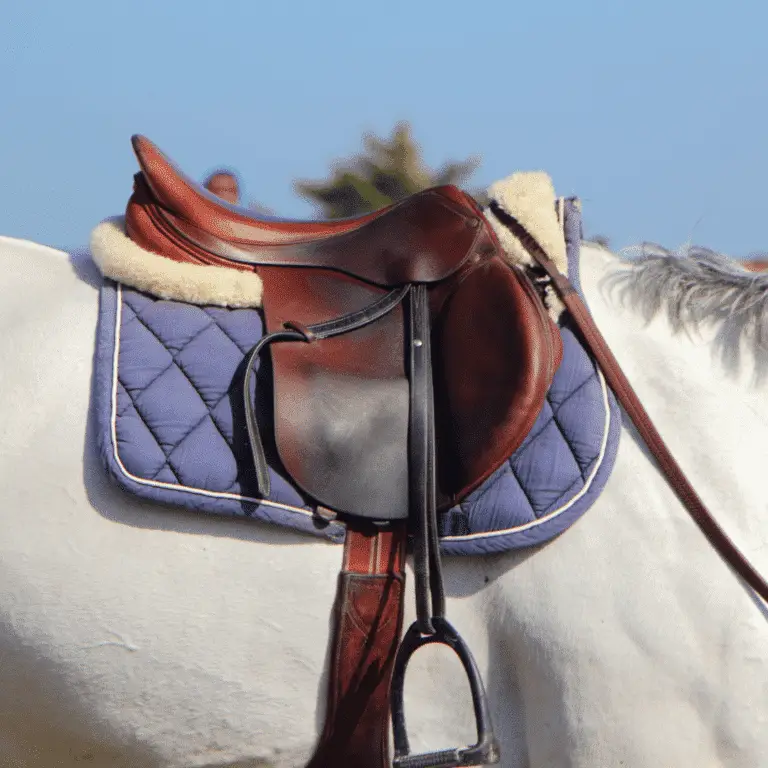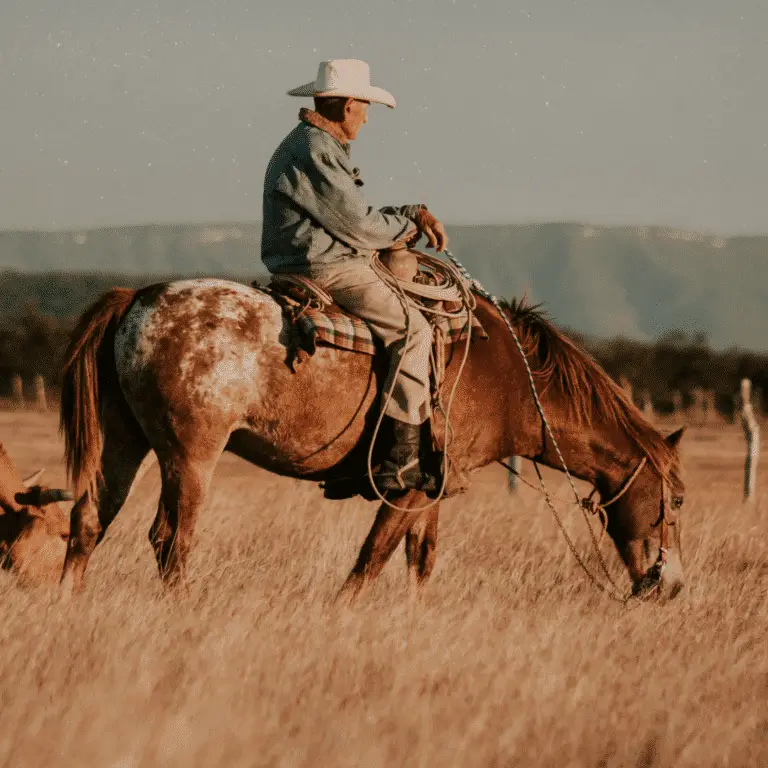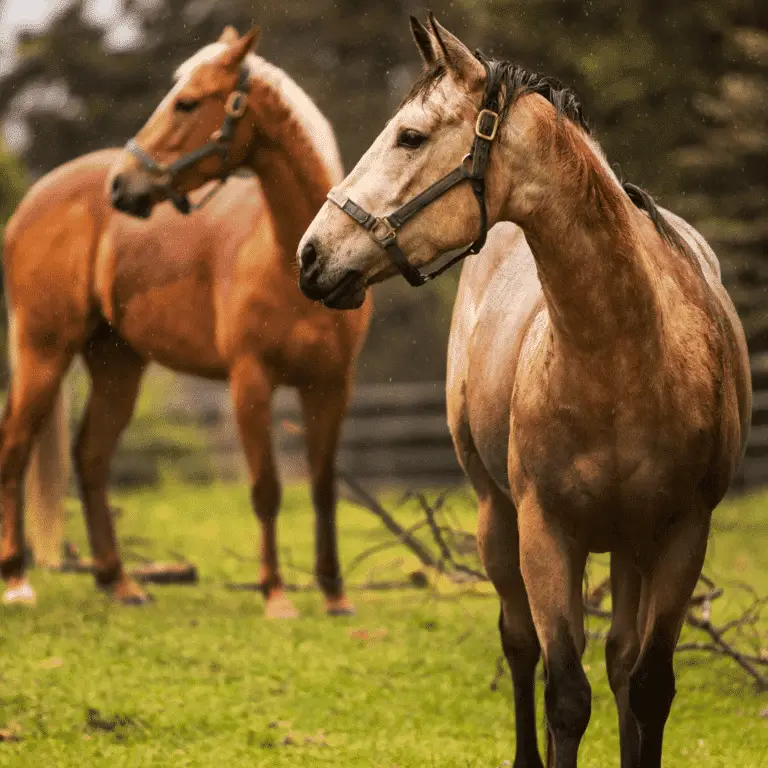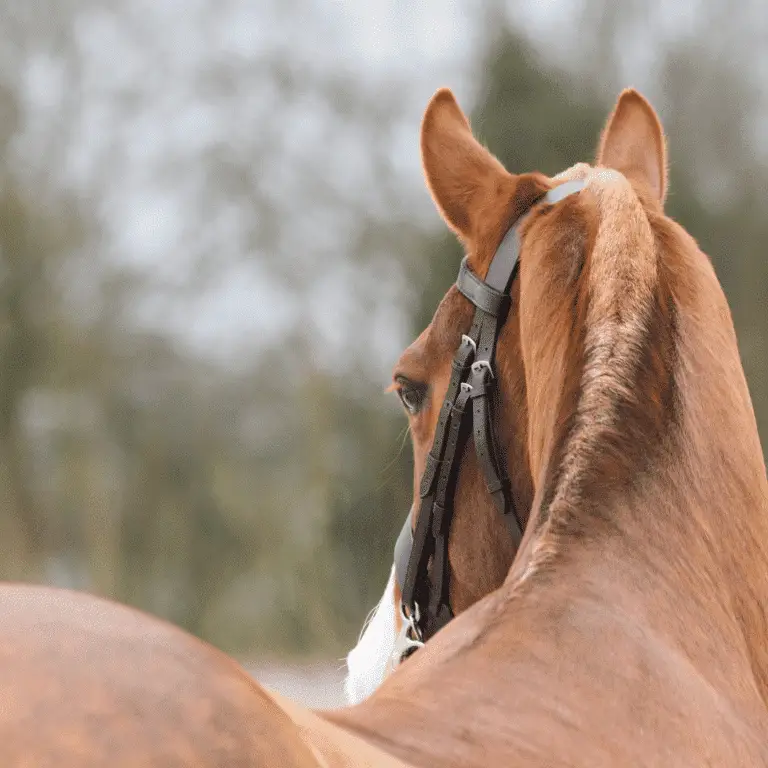Whether you’re a seasoned equestrian or new to horse care, understanding the symptoms, treatments, and prevention strategies for skin and coat problems is crucial for your horse’s comfort and overall health.
Skin and coat issues in horses can manifest in various ways, including itching, hair loss, and skin infections. Recognizing these symptoms early can make a significant difference in your horse’s well-being. Our articles cover a wide range of conditions, from common issues like Rain Rot, Mud Fever (Pastern Dermatitis), Saddle Sore and Ringworm to more complex problems such as Anhidrosis, Epizootic Lymphangitis, and Alopecia.
Each article dives into the underlying causes of these ailments, evidence-based treatments, and practical tips for prevention and management. Whether you’re looking for advice on grooming practices, dietary supplements, or seeking guidance on when to consult a veterinarian or equine dermatologist, we’ve got you covered.
